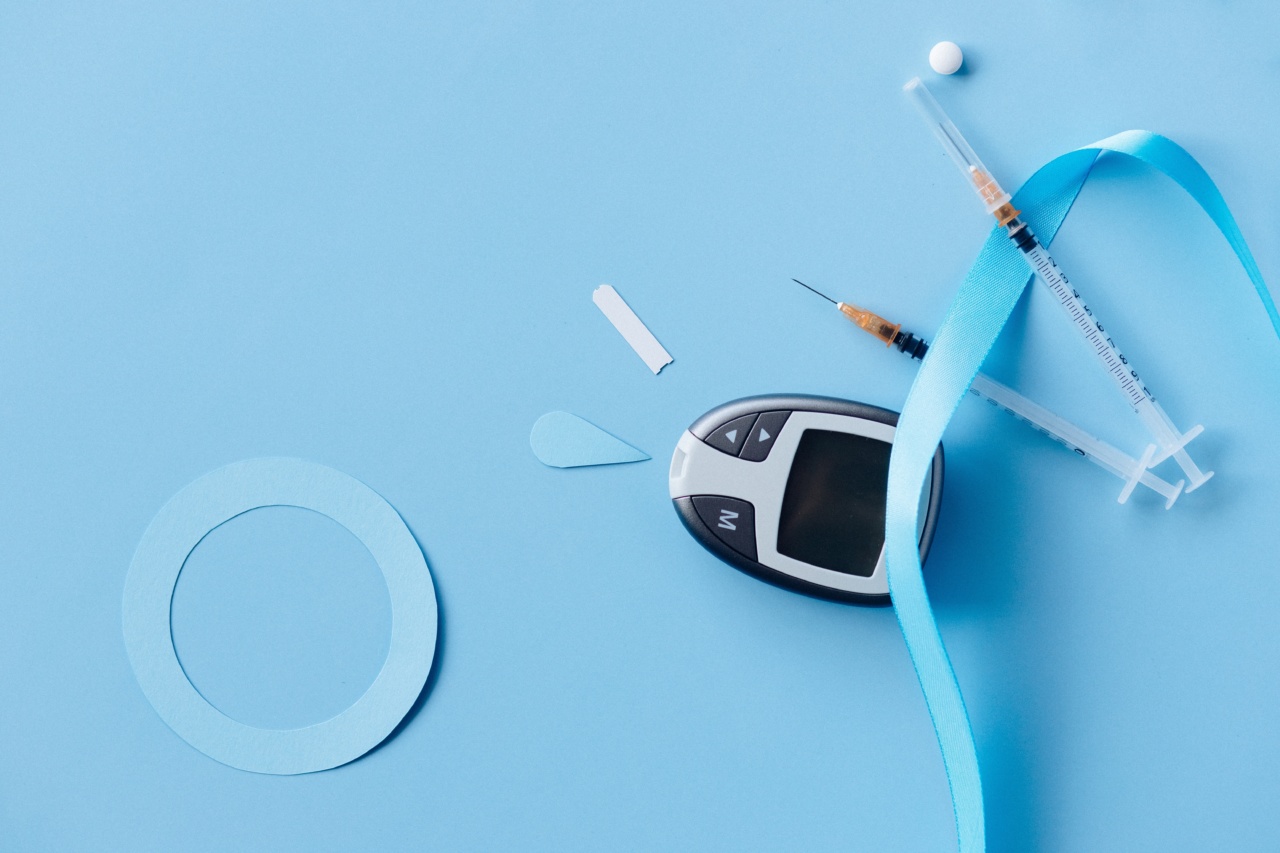As the population ages and the incidence of hypertension and high cholesterol increases, healthcare providers are always seeking new therapies that can simultaneously address both conditions. Dual action pills are being developed to do just that.
These pills have the potential to improve adherence to medication regimens and reduce the risk of cardiovascular disease in patients with hypertension and high cholesterol.
What are Dual-Action Pills?
Dual-action pills are a combination of two or more medications that are designed to treat multiple health conditions simultaneously.
In the case of hypertension and high cholesterol, these medications are typically a combination of an anti-hypertensive drug and a statin. Anti-hypertensive drugs work to lower blood pressure, while statins lower cholesterol levels in the body. Dual-action pills work by combining these two medications, offering a two-pronged approach to managing hypertension and high cholesterol.
The Benefits of Dual-Action Pills
There are several benefits to using dual-action pills to manage hypertension and high cholesterol. One of the most significant is improved medication adherence.
Patients who take multiple medications may struggle with adherence, particularly if they are required to take different medications at different times of the day. Dual-action pills simplify medication regimens by combining two medications into a single pill.
Another benefit of dual-action pills is the potential to reduce the risk of cardiovascular disease. Hypertension and high cholesterol are both risk factors for heart disease. By effectively managing both conditions, patients can reduce their overall risk.
Studies have shown that dual-action pills are effective at reducing blood pressure and cholesterol levels in patients with both conditions, making them a promising treatment option for those with a high risk of heart disease.
How Dual-Action Pills Work
Dual-action pills work by combining two different medications that target hypertension and high cholesterol. The types of medications used in dual-action pills may vary, but they typically include an anti-hypertensive drug and a statin.
Here’s how each type of medication works:.
Anti-hypertensive drugs
Anti-hypertensive drugs lower blood pressure by relaxing blood vessels, reducing the amount of force required to pump blood through the body. There are several types of anti-hypertensive drugs, including:.
- ACE inhibitors
- Angiotensin II receptor blockers (ARBs)
- Beta blockers
- Calcium channel blockers
- Diuretics
Statins
Statins are a type of drug that lowers cholesterol levels in the body. They work by blocking a specific enzyme that is involved in the production of cholesterol.
By reducing the amount of cholesterol in the body, statins can lower the risk of cardiovascular disease. Some common statins include:.
- Atorvastatin (Lipitor)
- Simvastatin (Zocor)
- Rosuvastatin (Crestor)
Who Can Benefit from Dual-Action Pills?
Dual-action pills are typically prescribed to patients who have both hypertension and high cholesterol. According to the American Heart Association, about 85 million Americans have high blood pressure.
Additionally, approximately 95 million adults have high cholesterol levels. The majority of patients with hypertension and high cholesterol are older adults, a demographic that is at an increased risk of developing cardiovascular disease.
Patients who are prescribed dual-action pills should also make lifestyle changes to further reduce their risk of heart disease. This may include:.
- Eating a heart-healthy diet
- Exercising regularly
- Maintaining a healthy weight
- Reducing stress
- Avoiding tobacco and excessive alcohol use
Risks and Side Effects of Dual-Action Pills
As with any medication, dual-action pills may cause side effects. Some potential side effects include:.
- Dizziness
- Fatigue
- Headaches
- Muscle aches and pains
- Nausea and vomiting
Patients who experience any of these side effects should speak with their healthcare provider. In some cases, the dosage of the medication may need to be adjusted, or a different medication may be prescribed.
Dual-action pills may also interact with other medications. Patients should inform their healthcare provider about all medications they are taking, including over-the-counter medications and supplements.
Conclusion
Dual-action pills offer a promising new treatment option for the millions of Americans who have both hypertension and high cholesterol.
By combining medications that target both conditions, patients can improve medication adherence and reduce their overall risk of developing cardiovascular disease. However, as with any medication, patients should be aware of the potential risks and side effects associated with dual-action pills and should work closely with their healthcare provider to determine if this is the right treatment option for them.


























